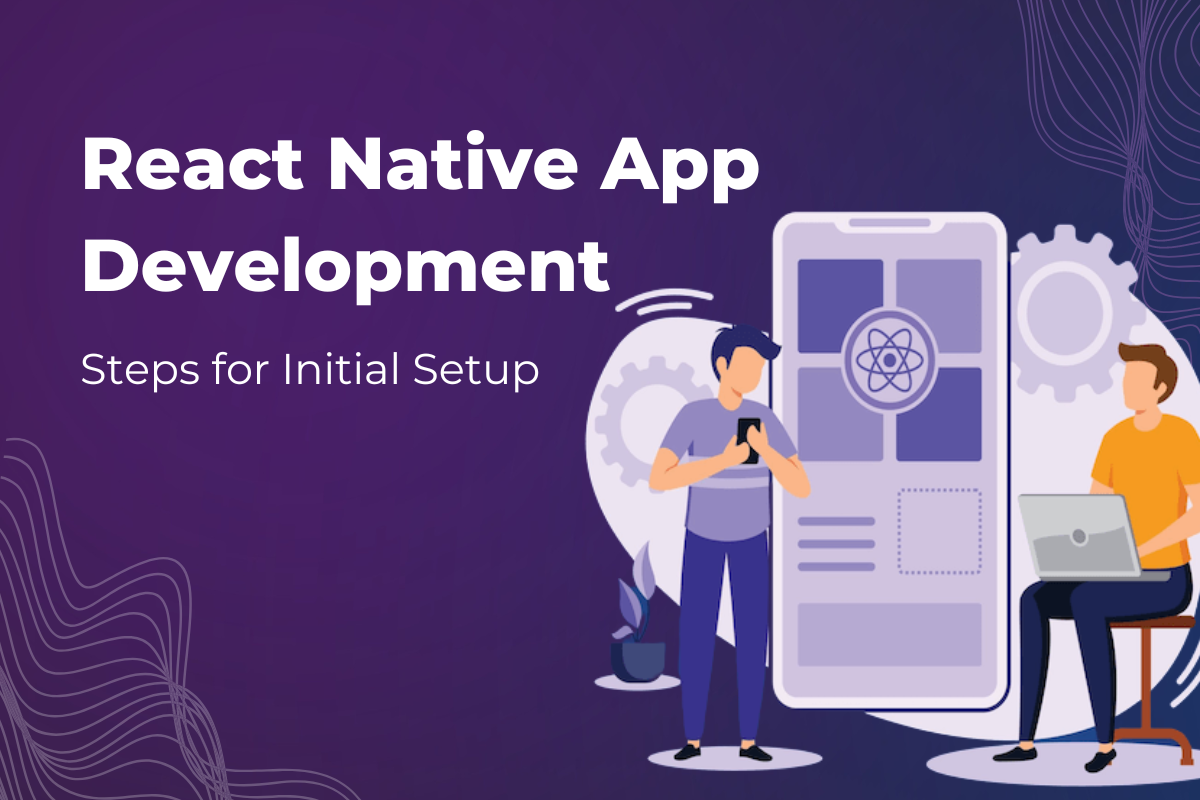When was the last time you found yourself searching google for something without hesitating onto a DIY link? Undoubtedly we are living in a 'How to do it yourself' world and over the time it is also been found that this has led to a number of indecisive customers into thinking that app development can be attained with the same principle.
Googling something like ‘how to make your own mobile app’ can list a number of tempting results and each one of them may talk a lot, merely saying anything genuine.
The pathway to the app world is really menacing and unluckily not every app development story ends in success. This is why your decision should be headed by evaluating in the pros and cons in both the situations. Do you have sufficient in-house coding resources to develop an app? Or if you have a clear budget for subcontracting? Unfortunately, analyzing such scenarios carefully can cost you way more than your expectations.
The answers to the both of these questions come with major differences in design, functionality and improvement. We have examined these, and a few other significant factors to help you decide what the best direction for you to take is.
1. Examine & Determine
Start by evaluating the needs of your business and how an app can fill in those gaps, or even add new value to it. The answer should be able to determine if you need a native or a responsive app that can function on any device.
Bear in mind that native apps necessitate more development time than Web apps and usually cost more, but a well-crafted mobile app can also have a much higher ROI. Yet again, it is all contingent to your business needs.
2. Tech know-how
Almost every DIY app website sells you the idea of getting it done easy and fast. But they all fail to state the probable lack of reliability and quality of the finished product.
Yes, anyone can build an app by taking an online course but can that guarantee greater revenue and high rankings? Working with a team of experts can save a lot of your valued time. Over the required technical knowledge, they can also offer precious insights at all stages of the development process. (Here, it’s worth mentioning the Skills Required for a Mobile Application Developer)
Many fail to consider important factors that are at the foundation of quality software, for instance the way the data is managed. By employing an experienced development company, you need not worry about how the data is being handled, or about matters of performance and reliability optimization.
3. Team management
Yes, developing your app in-house makes it easier to convey ideas and requirements but requires loads of time to explain, mentor and overseeing the progress. While an established agency would have already worked on hundreds of projects similar to yours which means that they would understand your requirements better and can guide you on what works better than what.
Here are the basic activities a development team performs:
- Management of the workload
- Consolidation and allocation resources
- Identification of risks and issues management
- Monitor performance and task completion
- Quality assurance.
4. UX & Design
One of the most bestowing benefits that come with hiring a mobile app development company is assurance. Although prior to contracting them, a comprehensive research is essential as this can make it easier to sort it through the bad and the ugly, and pick someone with a record of delivering quality apps in a timely manner.
Experienced designers work collectively with UX specialists in order to develop a strategy that can benefit the user in terms of usability and visual aspects.
Conclusion
Both the approaches for developing an app are practicable enough, but it is pretty clear that one is riskier than the other. However, patience is a strong virtue and so is the app world, which won’t wait around like any other business. Doing it yourself or training a new developer does not guarantee a rewarding and a successful app.



